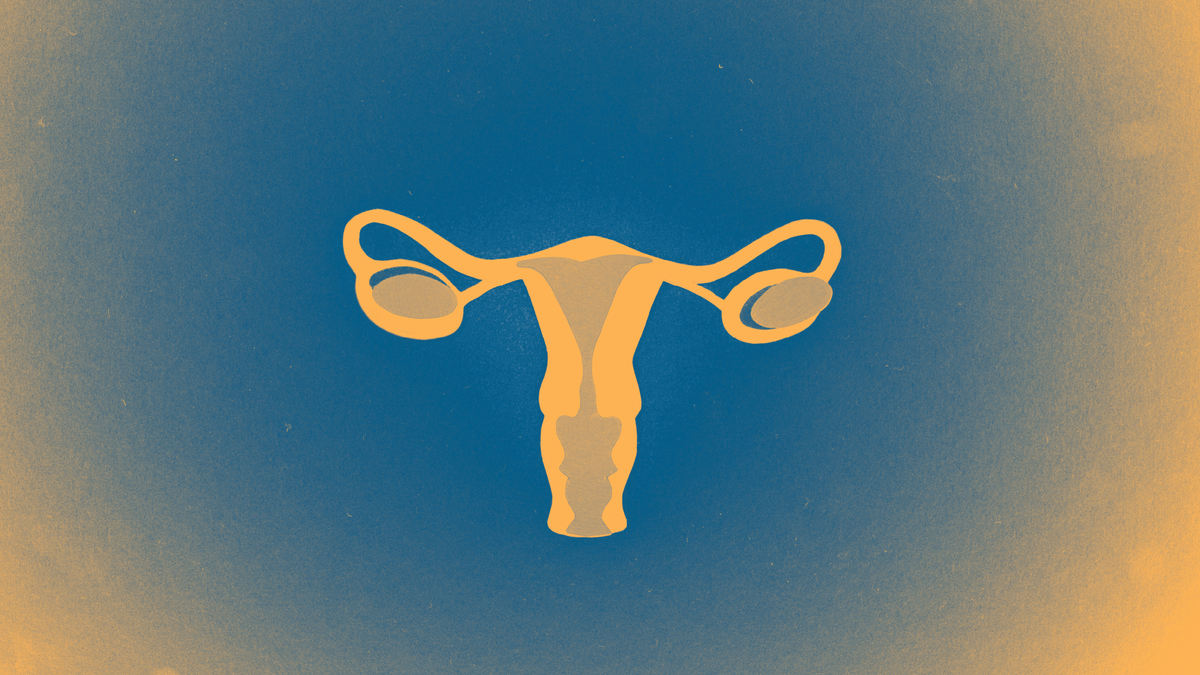Utah and Nebraska court rulings invigorate abortion debate online
Parents also discussed breastfeeding challenges during National Breastfeeding Month.

Parents also discussed breastfeeding challenges during National Breastfeeding Month.
This past week, online conversations about reproductive health focused heavily on two recent court decisions impacting abortion access in Utah and Nebraska. Other discussions celebrated National Breastfeeding Month and examined the challenges of breastfeeding.
The recent conversations about abortion laws highlight the high emotions around abortion and the persistent false claim that abortion is used as contraception. These discussions provide an opportunity for public health communicators to outline current abortion laws, explain the difference between abortion and contraception, and share birth control resources. Communicators may also recirculate resources for breastfeeding parents in observance of National Breastfeeding Month.

Insights brought to you by the reporters and science writers of Public Good News (PGN), a nonprofit newsroom dedicated to improving community health.
What’s trending nationally in conversations about reproductive health
On August 1, the Utah Supreme Court ruled that a law banning nearly all abortions will remain on hold until a lower court can determine if the law is constitutional. Utah passed the law in 2020, intending it to take effect should the U.S. Supreme Court overturn Roe v. Wade. The law was initially put on hold after Roe was overturned in 2022 and the Planned Parenthood Association of Utah challenged the law. For now, Utah will allow abortions up to 18 weeks of pregnancy. Within a day, news of the Utah Supreme Court’s decision spread across multiple news websites and social media platforms, where reactions were mixed. One post on X sharing the decision received approximately 210,000 views, 8,500 likes, 2,000 reposts, and 30 comments as of August 6. Most comments celebrated the news, but some were critical. One read, “A major loss for unborn babies.” In a Reddit thread discussing the decision, one user claimed—without evidence—that people use abortion as a form of birth control, while other users attempted to debunk that claim. One wrote, “Unintended pregnancies happen often when other forms of birth control are used but fail.”
On July 26, the Nebraska Supreme Court ruled that a 2023 law banning abortions after 12 weeks, as well as gender-affirming care for youth, does not violate the state’s constitution. On July 30, an anti-abortion group celebrated the news on X, where the post received approximately 26,400 views, 3,700 likes, 600 reposts, and 25 comments as of August 6. One comment read, “Only a sick society thinks that abortion is a solution to an unwanted pregnancy … we have parents who are [willing] to adopt right away.”
August is National Breastfeeding Month, and in the past week, several social media posts across Facebook, Instagram, and X shared personal stories about breastfeeding and offered advice for breastfeeding parents. Social media users discussed the challenges of breastfeeding, its effects (“the mastitis, leaking, clogged ducts, uneven boobs, and absolute lack of sleep…”), and the importance of donating breast milk to parents who are unable to breastfeed their infants.

Recommendations brought to you by the health communication experts behind Infodemiology.com.
Recommendations for public health professionals
Each week, the Infodemiology.com team will provide messaging recommendations in response to some of the trending narratives outlined above. These helpful tips can be used when creating content, updating web and FAQ pages, and developing strategy for messaging about reproductive health.
In the wake of recent court decisions, people may have questions about current abortion laws, particularly in Utah and Nebraska. Communicators can stay up to date on abortion gestational limits and exceptions in your state with this fact sheet.
Conversations conflating abortion with birth control provide an opportunity to clarify the difference and recirculate information about types of birth control and where individuals can access it, including whether minors can obtain birth control without parental permission. Explaining that contraception prevents pregnancy, while abortion ends pregnancy—and that birth control pills cannot initiate an abortion—is recommended. Messaging can emphasize that birth control is not 100 percent effective and that different methods have different rates of success.
In addition to messaging about birth control, National Breastfeeding Month provides an opportunity to share resources for parents who have questions about breastfeeding—including the National Women’s Health and Breastfeeding Helpline (800-994-9662)—and information explaining where parents and caregivers can find safe donor breast milk or donate breast milk. Including the recently updated guidelines for breastfeeding parents with HIV is recommended.
